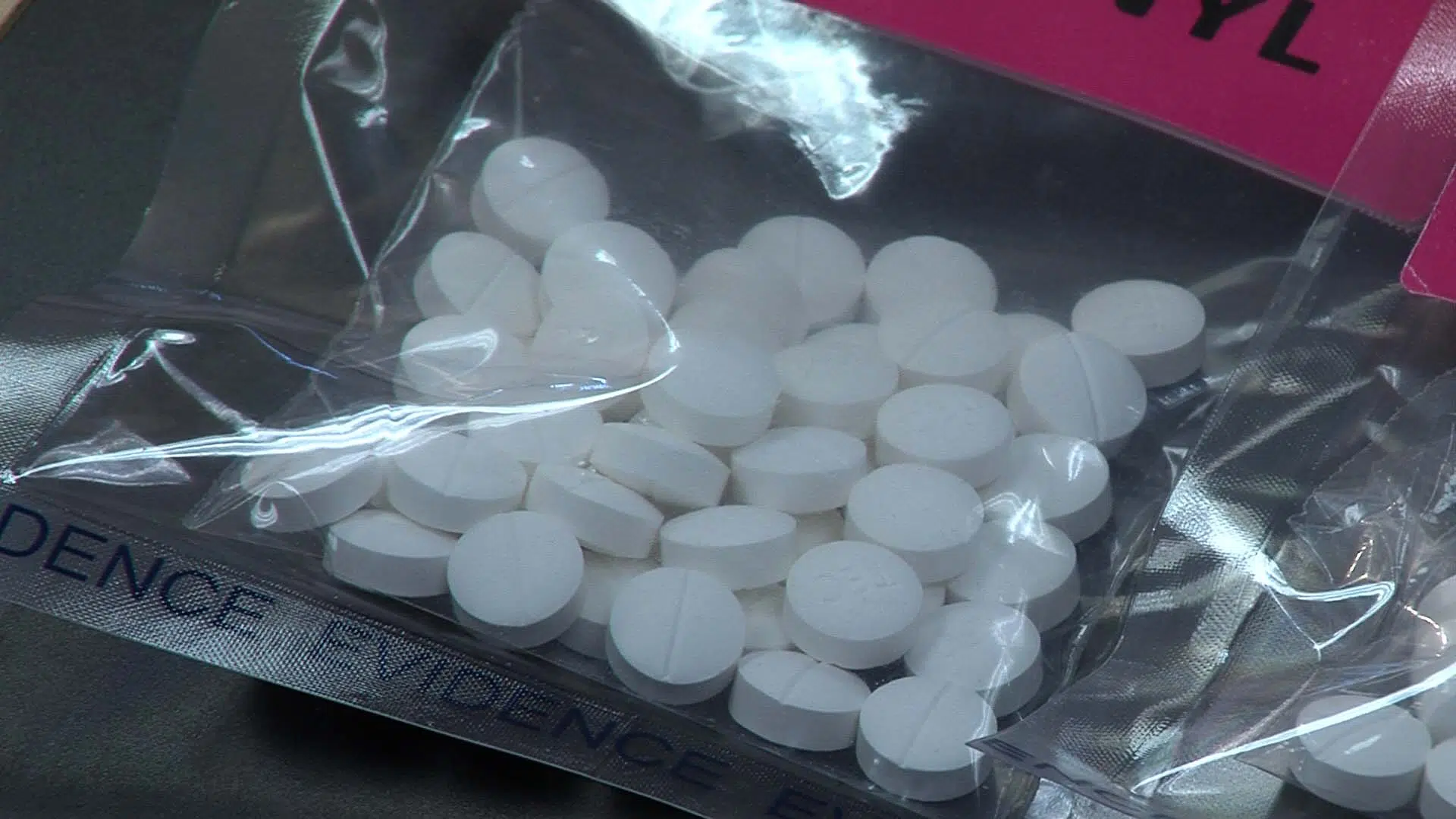
Mother of OD victim says more must be done to prevent deaths
KAMLOOPS — The spate of overdose deaths in B.C. has hit Kamloops harder than any other community.
Eighteen deaths were recorded in the city between January and May this year. One of those killed was Ryan Pinneo, a young man whose life was cut short by fentanyl.
His mother, Sandra Tully, is speaking out, saying more must be done to prevent further deaths from happening.


